
The Enchanting Waters of Bassin-Bleu
Nestled in the lush hills of Jacmel, Bassin-Bleu is a natural wonder that enchants all who visit. This hidden gem features a series of three strikingly blue pools, each more beautiful than the last. The pools are linked by a cascading waterfall, creating a serene and magical atmosphere. Surrounded by dense vegetation, Bassin-Bleu offers a perfect escape into nature's tranquility. The journey to Bassin-Bleu is an adventure in itself. A hike through the verdant forest leads you to the pools, where you can take a refreshing dip in the cool, clear water. The first pool, Bassin Cheval, is easily accessible and provides a calm introduction to the area. Further along, Bassin Clair and Bassin Palmiste reveal even more breathtaking views and deeper waters. Bassin-Bleu is not just about the water. The area is rich in local culture and history. Friendly guides are available to share fascinating stories and legends of the pools, adding a cultural dimension to the natural beauty. Whether you're a nature lover, a history buff, or simply looking to relax, Bassin-Bleu is a destination that promises unforgettable experiences.
Local tips in Bassin-Bleu
- Hire a local guide to navigate the trails and learn about the area’s history and legends.
- Wear sturdy, comfortable shoes suitable for hiking, as the path to the pools can be steep and uneven.
- Bring swimwear and a waterproof camera to capture the stunning scenery.
- Visit early in the day to avoid crowds and enjoy the peaceful surroundings.
- Carry some snacks and water, as there are limited facilities near the pools.
The Enchanting Waters of Bassin-Bleu
Nestled in the lush hills of Jacmel, Bassin-Bleu is a natural wonder that enchants all who visit. This hidden gem features a series of three strikingly blue pools, each more beautiful than the last. The pools are linked by a cascading waterfall, creating a serene and magical atmosphere. Surrounded by dense vegetation, Bassin-Bleu offers a perfect escape into nature's tranquility. The journey to Bassin-Bleu is an adventure in itself. A hike through the verdant forest leads you to the pools, where you can take a refreshing dip in the cool, clear water. The first pool, Bassin Cheval, is easily accessible and provides a calm introduction to the area. Further along, Bassin Clair and Bassin Palmiste reveal even more breathtaking views and deeper waters. Bassin-Bleu is not just about the water. The area is rich in local culture and history. Friendly guides are available to share fascinating stories and legends of the pools, adding a cultural dimension to the natural beauty. Whether you're a nature lover, a history buff, or simply looking to relax, Bassin-Bleu is a destination that promises unforgettable experiences.
When is the best time to go to Bassin-Bleu?
Iconic landmarks you can’t miss
Hispaniola
Explore Hispaniola: An Island of Rich Culture, Stunning Landscapes, and Unforgettable Adventures in the Heart of the Caribbean.
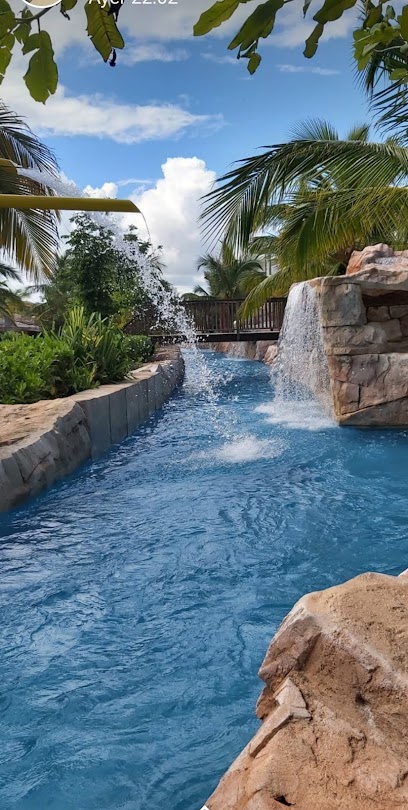
Royal Decameron Indigo Beach Resort & Spa
Experience the ultimate beach getaway at Royal Decameron Indigo Beach Resort & Spa, a perfect blend of luxury, culture, and adventure in Haiti.
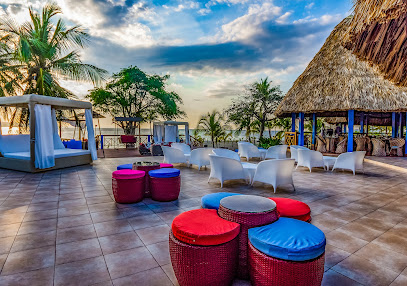
Place Saint-Pierre
Explore the lush beauty of Place Saint-Pierre in Port-au-Prince, a serene park perfect for relaxation and cultural immersion in the heart of Haiti.
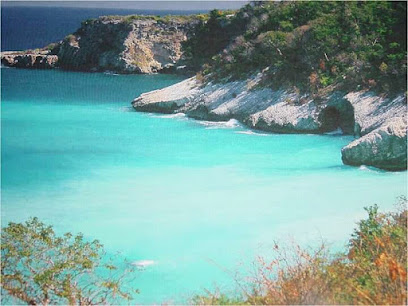
Laferriere Citadel
Explore the majestic Laferriere Citadel, a UNESCO World Heritage site showcasing Haiti's rich history and breathtaking mountain views.
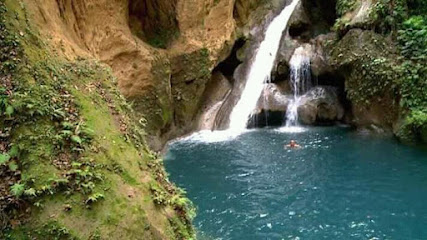
Wahoo Bay Beach
Discover Wahoo Bay Beach, a stunning resort in Haiti offering sun-soaked beaches, thrilling water sports, and delicious dining for an unforgettable getaway.
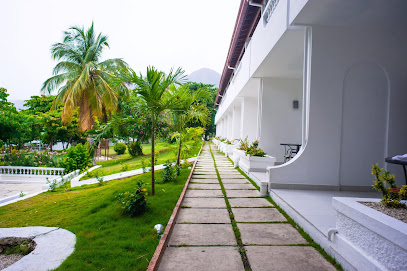
Notre-Dame of Cap-Haitian Cathedral
Discover the architectural beauty and spiritual significance of the Notre-Dame of Cap-Haitien Cathedral, an iconic landmark in Haiti's cultural heart.
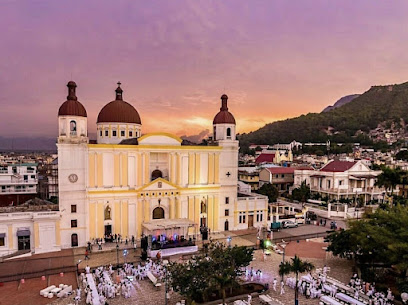
Kaliko Beach Club
Experience the beauty of Haiti at Kaliko Beach Club, a resort hotel offering relaxation, adventure, and a taste of local culture by the sea.

Sans Souci Palace
Explore the grandeur of Sans Souci Palace, a UNESCO World Heritage site that showcases Haiti's rich history and stunning architecture amidst breathtaking landscapes.
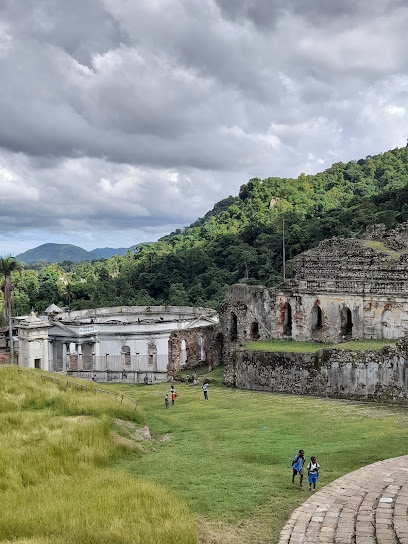
Heroes Monument of Vertières
Explore the Heroes Monument of Vertières, a memorial park in Cap-Haitien honoring Haiti's fight for independence and its national heroes.
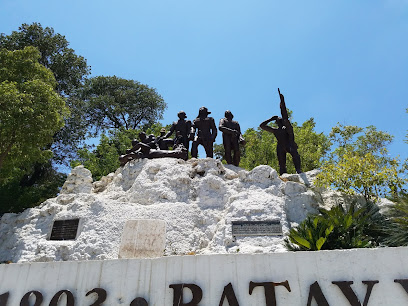
Tortuga
Discover the enchanting beauty of Tortuga Island, a tropical paradise with pristine beaches, rich history, and vibrant local culture.
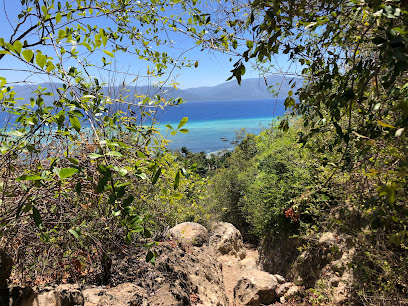
Bassin Bleu
Explore the mesmerizing Bassin Bleu, a stunning natural oasis in Jacmel, Haiti, where turquoise waters and lush landscapes create unforgettable memories.
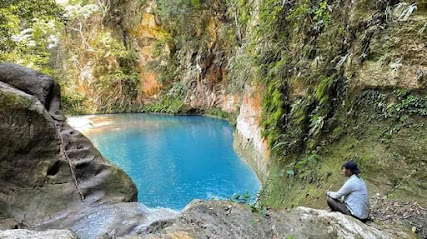
Royal Caribbean Labadee Beach
Experience the stunning beauty and vibrant activities of Royal Caribbean Labadee Beach, a tropical paradise for all ages.
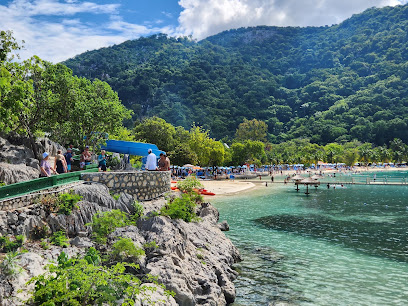
Saut-Mathurine
Experience the breathtaking beauty of Saut-Mathurine, Haiti's largest waterfall, surrounded by lush landscapes and tranquil waters.
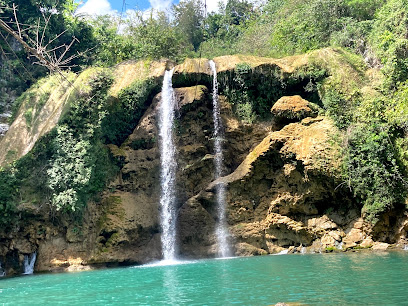
Musée Ogier-Fombrun
Explore the fascinating history of Haiti at Musée Ogier-Fombrun, a local history museum in Montrouis showcasing rich cultural artifacts.
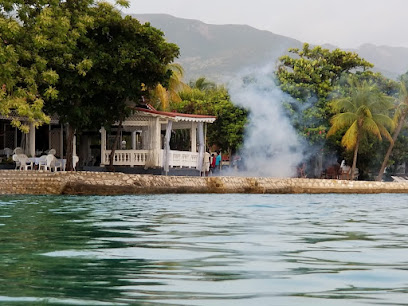
Chutes de Saut d'Eau, Centre, Haiti
Explore the breathtaking beauty of Chutes de Saut d'Eau, a stunning waterfall in Haiti, perfect for nature lovers and adventure seekers alike.
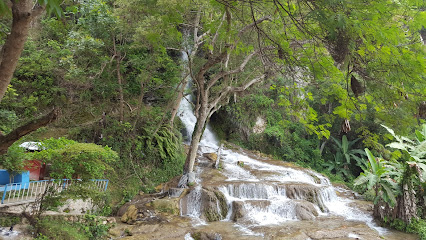
Unmissable attractions to see
Bassin Bleu
Explore the stunning oasis of Bassin Bleu, a breathtaking natural wonder near Jacmel, offering turquoise pools and cascading waterfalls for nature lovers.
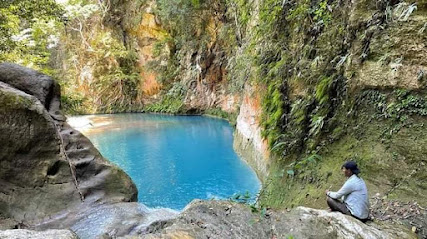
Haitian Cultural Tour & Beach Break
Experience the heart of Haiti with vibrant culture tours and stunning beach breaks in the beautiful Labadie region.
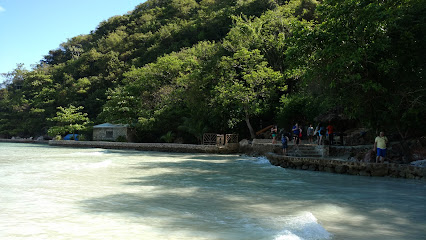
Fort Picolet
Explore Fort Picolet, a historic fortress in Cap-Haïtien that offers stunning views, rich history, and a taste of Haiti's vibrant culture.
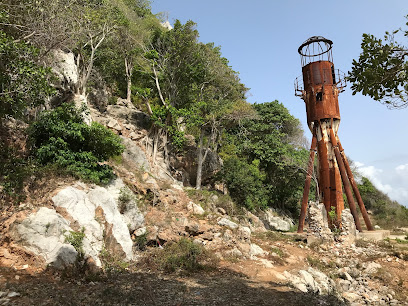
Haut Palmiste
Explore Haut Palmiste, a stunning tourist attraction in Isla de la Tortuga that blends breathtaking landscapes with rich Haitian culture and adventure.
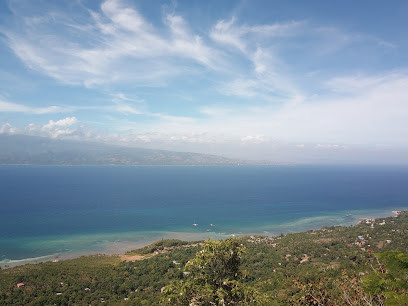
Musée Dr. Hodges
Explore the rich heritage of Haiti at Musée Dr. Hodges, a vibrant museum showcasing local art and history in Limbe.
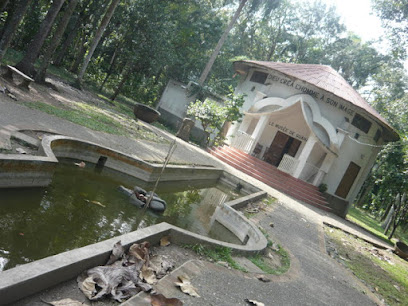
Jubilee Voodoo Monument
Discover the Jubilee Voodoo Monument in Anse a Foleur, a captivating tribute to Haiti's rich spiritual heritage and cultural traditions.
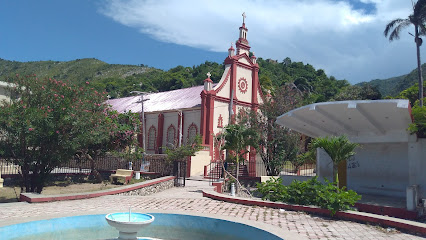
Jean-Jacques Dessalines Statue
Explore the Jean-Jacques Dessalines Statue in Cap-Haïtien: A majestic tribute to Haiti's fight for independence and a vibrant cultural hub.
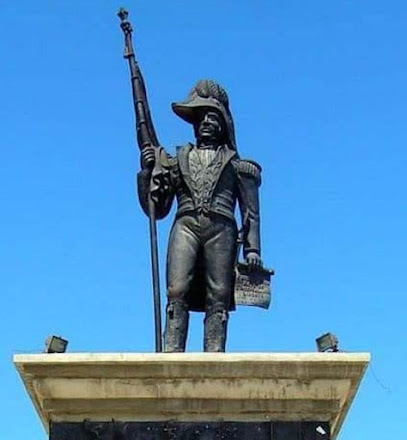
Palais de la Reine
Explore the rich history and stunning architecture of Palais de la Reine, a must-visit cultural landmark in Menard, Haiti.

Labadee Traditions Tour
Experience the vibrant culture and stunning landscapes of Labadee, Haiti, where traditions come alive against a backdrop of breathtaking beauty.
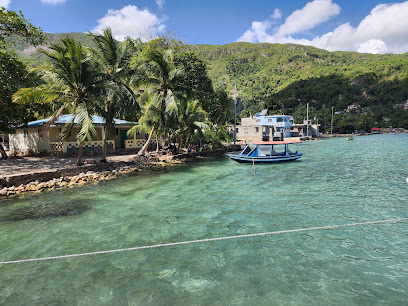
Fond blanc
Explore the stunning natural beauty of Fond Blanc, a tranquil oasis in Haiti perfect for relaxation and adventure amidst picturesque landscapes.
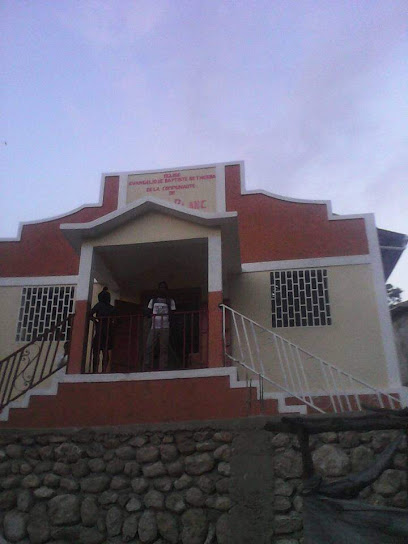
Bassin Laurent SMA
Explore the tranquil beauty of Bassin Laurent SMA in Haiti, a hidden oasis perfect for relaxation, adventure, and unforgettable memories.
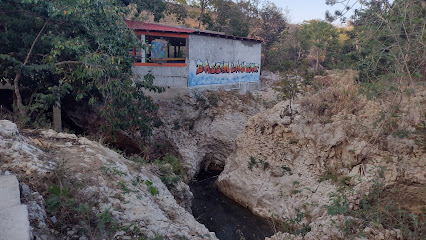
Port Moïse Beach
Discover the enchanting Port Moïse Beach in Bombardopolis, where pristine sands meet crystal-clear waters for an unforgettable tropical escape.
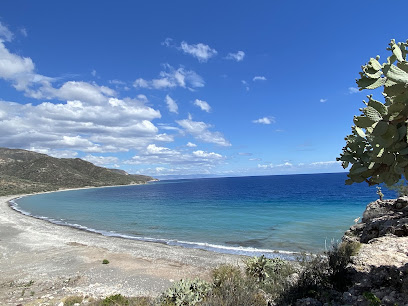
Gran Lakou
Discover the vibrant culture and stunning scenery at Gran Lakou in Aux Plaines, a must-visit tourist attraction in Haiti.
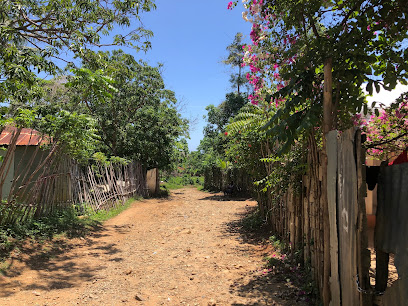
Cascades de Dondon
Explore the breathtaking Cascades de Dondon - a stunning natural wonder in Menard, Haiti, perfect for nature lovers and adventure seekers.
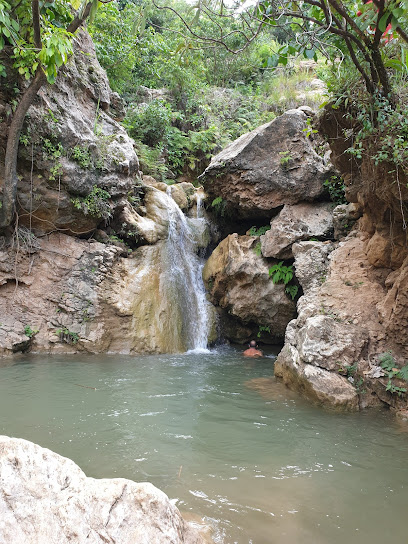
Savien
Explore Savien in Bois Neuf, a hidden treasure that reveals the authentic charm and culture of Haiti, perfect for adventurous travelers.

Essential places to dine
Lakay Restaurant
Discover authentic Haitian cuisine at Lakay Restaurant in Cap-Haitien – where every meal tells a story.
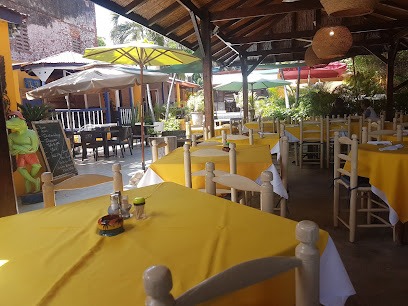
Kay Foun
Experience authentic Haitian cuisine at Kay Foun in Saint-Marc – where every dish tells a story.
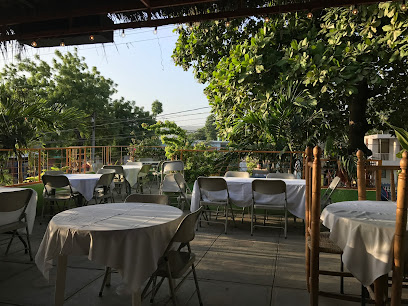
Celeste Bar-Resto Club
Discover authentic Haitian cuisine and vibrant nightlife at Celeste Bar-Resto Club in Gonaïves.
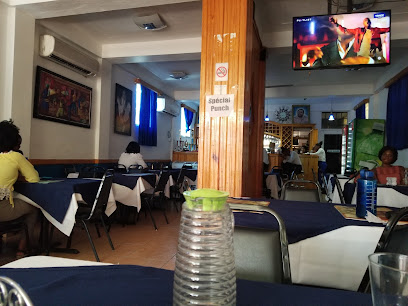
Barik Restaurant
Discover authentic Haitian cuisine at Barik Restaurant in Cap-Haitien - where every dish is a celebration of flavor and culture.
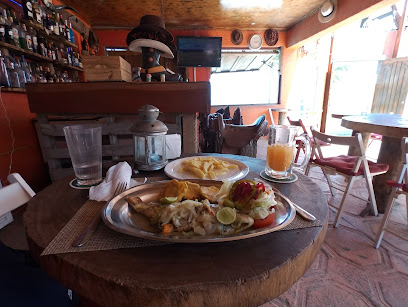
Coin D'Or Fast Food
Discover authentic Haitian flavors at Coin D'Or Fast Food in Gonaïves – a must-visit dining destination for tourists seeking delicious meals.
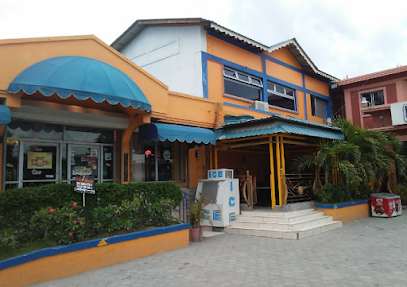
Gwòg Bar Restaurant
Savor the rich tastes of authentic Haitian cuisine at Gwòg Bar Restaurant in Cap-Haitien.
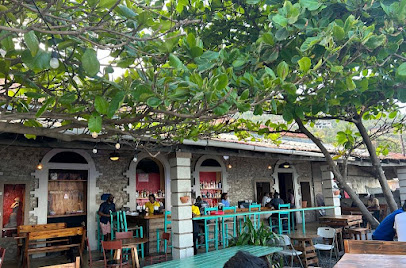
Déco Bar Restaurant
Experience authentic Haitian cuisine at Déco Bar Restaurant in Cap-Haïtien – where flavor meets culture in every dish.
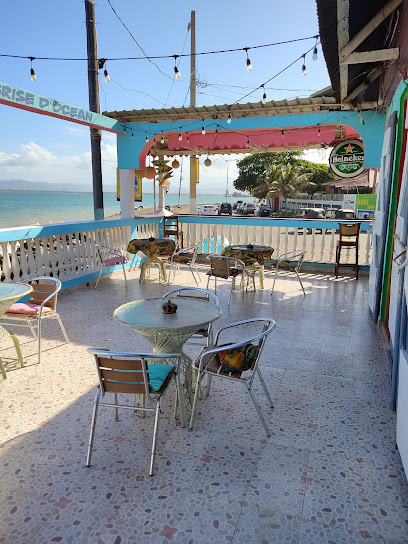
Belly Beach, Labadee haiti
Experience authentic Haitian flavors at Belly Beach in Labadee – where stunning views meet delicious cuisine.
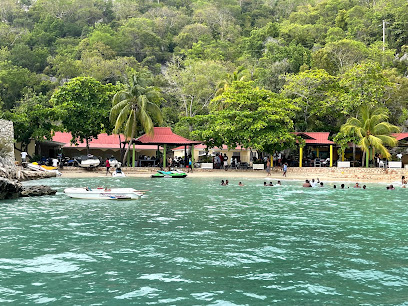
Haïti gonaïves
Explore Gonaïves: A culinary paradise in Haiti known for its delicious oyster bars and rich cultural heritage.
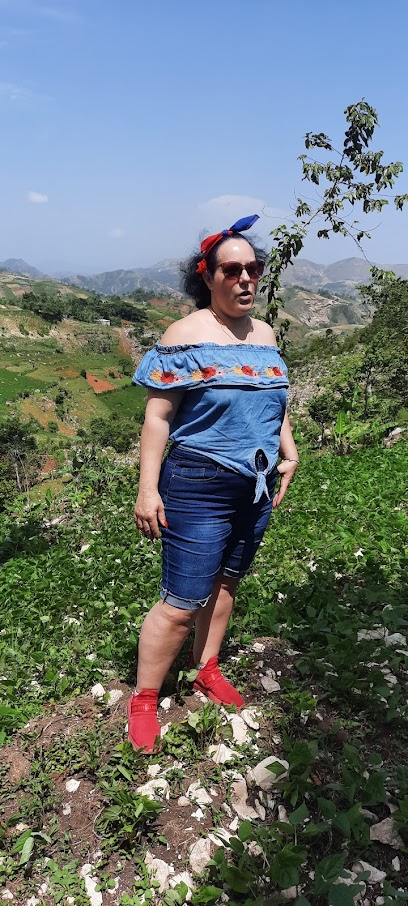
Les jardin de l'Ocean
Discover authentic Haitian flavors at Les Jardin de l'Ocean in Cap-Haitien - a culinary haven by the sea.
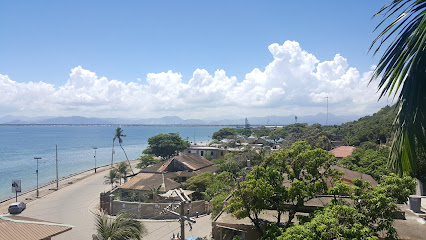
Cap Deli
Discover the authentic tastes of Haiti at Cap Deli – a vibrant restaurant in Cap-Haitien offering diverse dishes and warm hospitality.
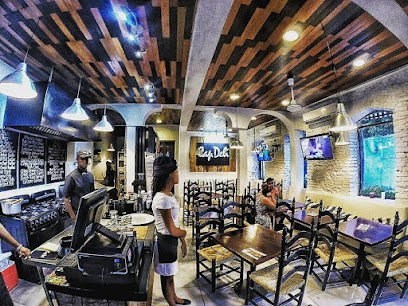
Grill La
Experience authentic Haitian cuisine at Grill La in Cap-Haitien – where every dish tells a story.
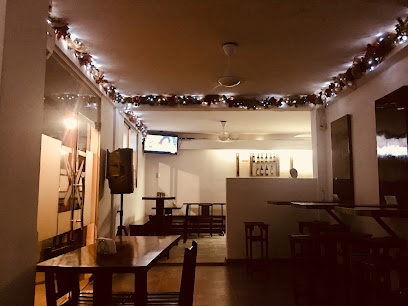
Chouchou Bay Beach
Experience Chouchou Bay Beach: A tropical haven of relaxation, adventure, and culinary delights along Haiti's stunning coastline.
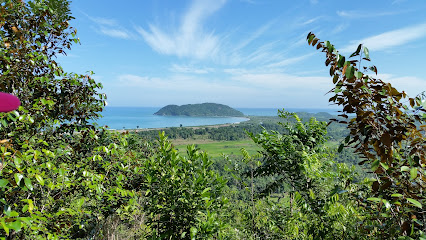
Amisio Restaurant
Discover authentic Haitian cuisine at Amisio Restaurant in Les Gonaïves—where local flavors meet warm hospitality.
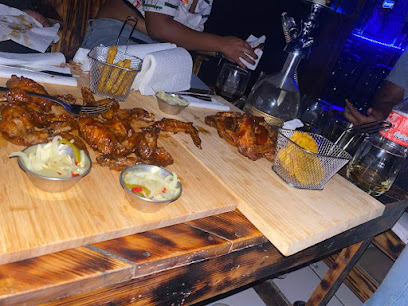
GROS BéBé restaurant
Discover the authentic flavors of Haiti at GROS BéBé Restaurant in Cap-Haïtien - where every dish tells a story.
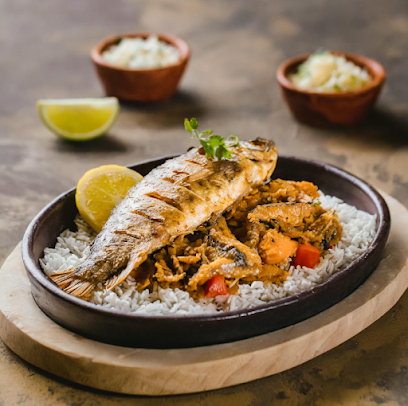
Markets, malls and hidden boutiques
DAL PAPETERIE
Discover local crafts, delicious cuisine, and the authentic vibe of Haiti at Dal Papeterie in Port-de-Paix.
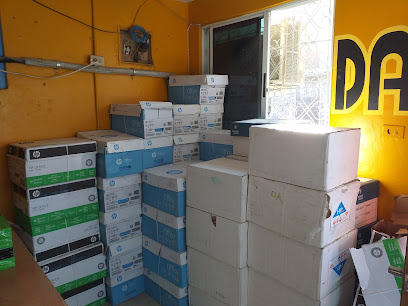
Entreprise Israel(Lakay store)
Discover unique clothing and vibrant Haitian culture at Lakay Store in Port-de-Paix, the perfect shopping spot for tourists.
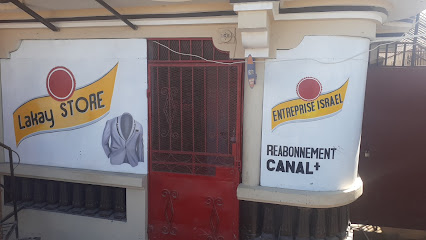
PM shop
Explore the vibrant world of fashion accessories at PM Shop in Port-de-Paix, where local artistry meets stylish design.
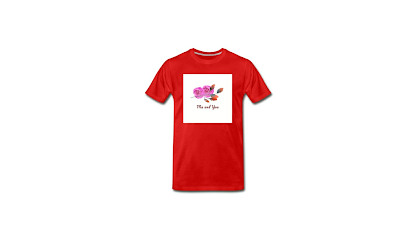
Aly's Epices
Explore the essence of Haiti at Aly's Epices, a charming general store in Bassin-Bleu offering local spices and unique handcrafted souvenirs.

Blessing Store
Explore Port-de-Paix with confidence by visiting Blessing Store for all your mobile communication needs and accessories.
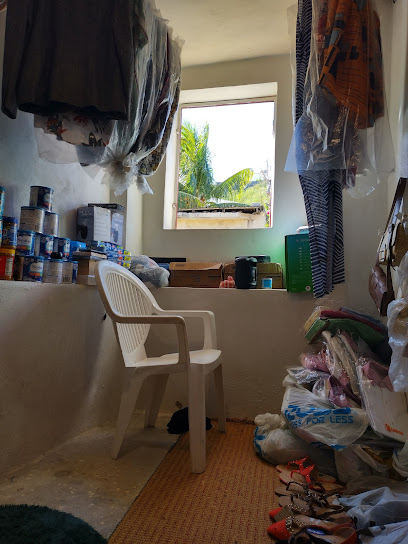
Nana Shop
Explore Nana Shop in Port-de-Paix for a unique shopping experience filled with local crafts and souvenirs that embody Haitian culture.
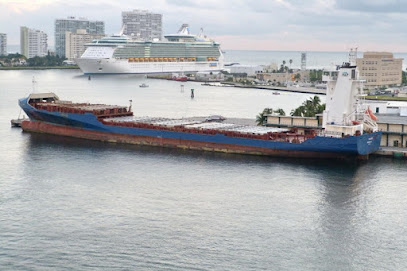
Wamanie Shop
Explore Wamanie Shop in Port-de-Paix for authentic Haitian crafts and souvenirs, capturing the essence of local culture and artistry.
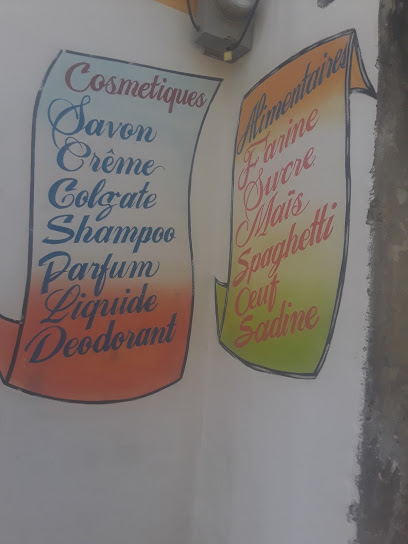
Global Boutique
Explore the unique offerings of Global Boutique, a charming shop in Port-de-Paix, featuring local crafts, fresh juices, and rice specialties.
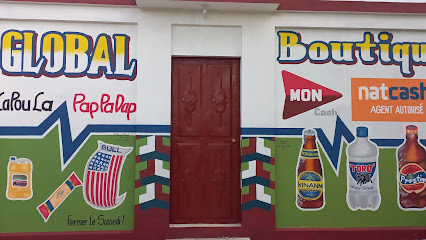
GLOBAL Shop
Explore the unique offerings at GLOBAL Shop, a boutique in Port-de-Paix where local crafts and vibrant culture come together.
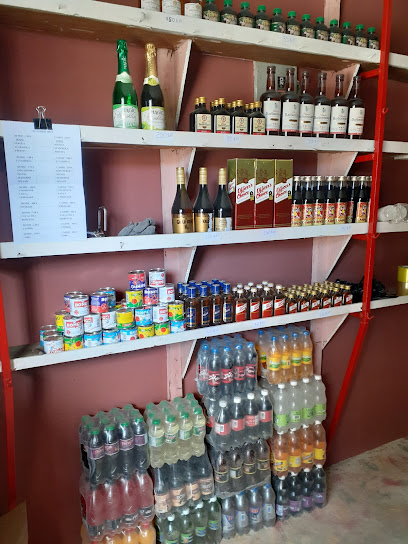
Maison
Explore Maison in Chansolme, a cozy book store that offers a rich collection of literature and a welcoming atmosphere for all book lovers.

Au plaisir de la jeunesse kay lalanne
Discover unique Haitian fashion at Au Plaisir de la Jeunesse Kay Lalanne, where style meets cultural heritage in Bassin-Bleu.
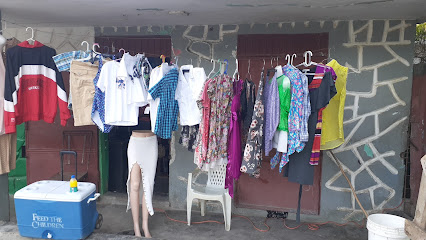
Dahlia Mart
Explore the vibrant culinary offerings at Dahlia Mart, your go-to supermarket for local flavors and fresh produce in Bassin-Bleu, Haiti.
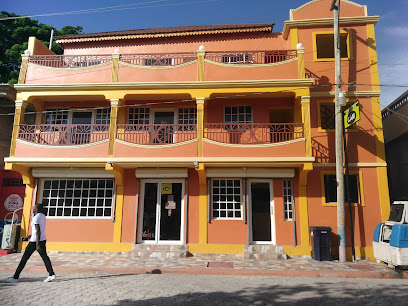
live time
Discover the aromatic treasures of Port-de-Paix at this enchanting perfume store, where every scent tells a story of the Caribbean.

Glory Shop
Explore the vibrant selection of handcrafted goods and local delicacies at Glory Shop, Port-de-Paix's cultural treasure.

John's wimajj
Discover unique artisanal treasures and local craftsmanship at John's Wimajj, a charming boutique in Port-de-Paix, Haiti.
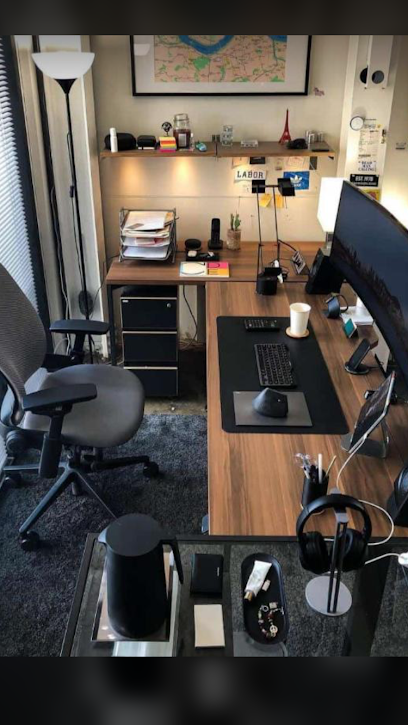
Essential bars & hidden hideouts
Le coin Bar
Enjoy lively performances and a vibrant atmosphere at Le Coin Bar, the heart of live music in Hinche.
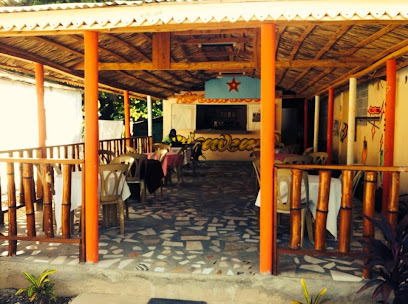
TIKI BAR CLUB
Discover the vibrant nightlife and tropical cocktails at Tiki Bar Club in Marotte, a must-visit for tourists looking for a lively experience.
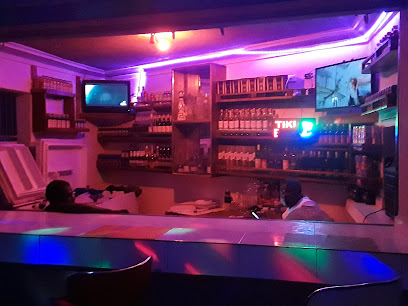
Family Bar Resto
Discover the lively ambiance and rich culture at Family Bar Resto, a premier live music destination in Source Colas, offering delicious food and unforgettable performances.

Global Universel Bar Resto and Hotel
Experience the vibrant flavors of Haiti at Global Universel Bar Resto and Hotel, where local cuisine meets warm hospitality.
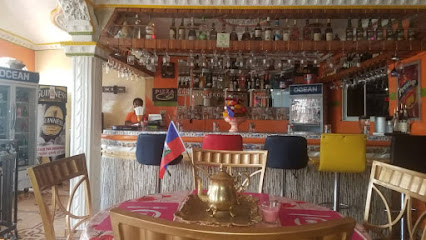
Freedom bar resto
Experience the vibrant nightlife and local flavors at Freedom Bar Resto in Port-de-Paix, a must-visit for every traveler.
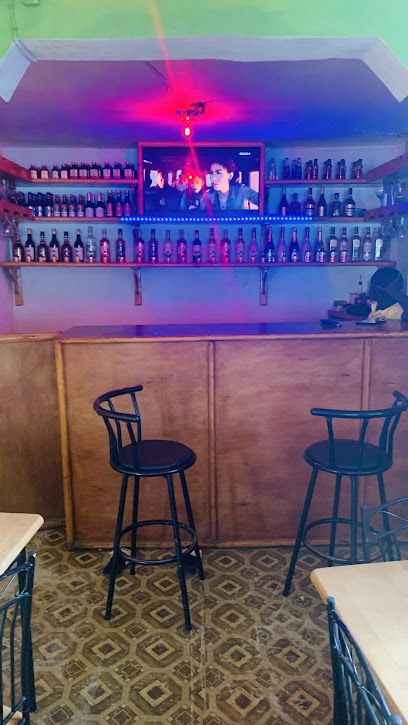
Romy Family Hotel Bar Resto
Discover the essence of Haitian hospitality at Romy Family Hotel Bar Resto, a vibrant bar in Gonaïves offering local cuisine and refreshing drinks.
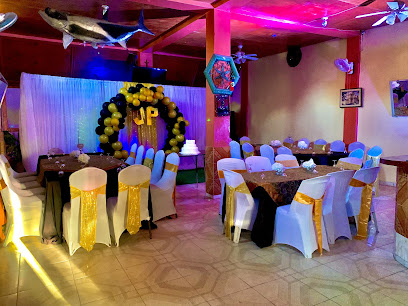
Chez Kino Bar
Chez Kino Bar: A vibrant nightlife destination in Durocher, where locals and tourists enjoy unique drinks and a lively atmosphere.
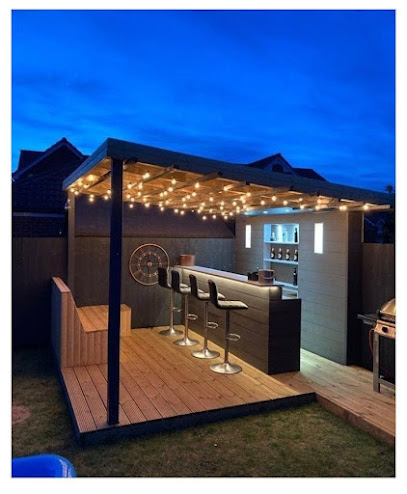
Dane's Bar & Grill
Discover the vibrant culinary experience at Dane's Bar & Grill in Plaine-du-Nord, where authentic Haitian dishes meet warm hospitality.

Le Zandou Bar&Grill
Savor the essence of Haiti at Le Zandou Bar&Grill, where every dish tells a story of tradition and flavor.

Hangout Bar Resto & Store
Experience the vibrant nightlife at Hangout Bar Resto & Store in Saint-Louis-du-Nord, offering delicious bites and refreshing drinks in a lively atmosphere.
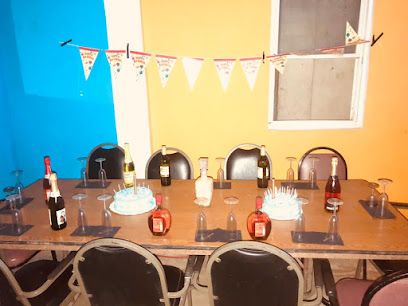
Parc Bambou nightclub
Explore the vibrant nightlife of Savann Long at Parc Bambou nightclub, where local culture meets electrifying entertainment and unforgettable experiences.
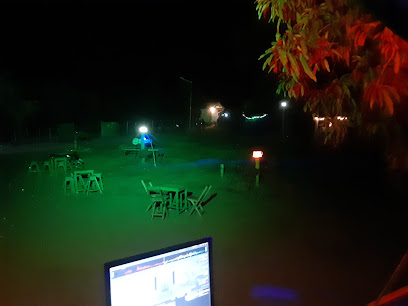
Mirebalais
Discover the vibrant culture and lively bar scene of Mirebalais, Haiti, where tradition meets hospitality in a unique travel experience.

Martissan 2
Discover the vibrant spirit of Durocher at Martissan 2, where local drinks, delicious bites, and lively ambiance come together.

Coin 22 Restaurant & More
Discover the taste of Haiti at Coin 22 Restaurant & More, where local flavors and warm hospitality create unforgettable dining experiences.

History of Bassin-Bleu
-
Bassin-Bleu, a hidden gem in the hills of Jacmel, Haiti, was discovered by local inhabitants centuries ago. The area, known for its stunning natural pools and waterfalls, was initially used by indigenous Taino people for its freshwater resources and spiritual significance. The pools were believed to be sacred, and many rituals and ceremonies took place here.
-
During the colonial period, French settlers were drawn to Bassin-Bleu for its natural beauty and resources. They introduced European farming techniques and crops to the region, which significantly altered the local landscape. Despite the colonial exploitation, the local population managed to preserve many of their traditions and cultural practices around Bassin-Bleu.
-
One of the most enduring cultural aspects of Bassin-Bleu is the legend of La Sirène, a mermaid-like water spirit believed to inhabit the pools. According to local folklore, La Sirène is a guardian of the waters and grants wishes to those who treat her domain with respect. This legend has deep roots in the Afro-Haitian Vodou religion and continues to be an integral part of the area's cultural identity.
-
In the 20th century, Bassin-Bleu gained popularity as a tourist destination. Efforts were made to improve accessibility to the pools, including the construction of walking paths and small bridges. Despite these developments, the area has managed to retain its natural charm and remains relatively unspoiled. Today, Bassin-Bleu is a symbol of Haiti's natural beauty and cultural richness, attracting visitors from around the world.
-
In recent years, there has been a growing awareness of the need to protect Bassin-Bleu's unique ecosystem. Local and international organizations have launched conservation projects aimed at preserving the natural beauty and biodiversity of the area. These efforts include reforestation initiatives and the promotion of sustainable tourism practices to ensure that future generations can continue to enjoy this natural wonder.
Bassin-Bleu Essentials
-
Bassin-Bleu is located in the Nord-Ouest department of Haiti. The nearest major airport is Toussaint Louverture International Airport in Port-au-Prince, approximately 150 kilometers away. From Port-au-Prince, you can hire a private taxi or take a bus to Jacmel, and then another taxi or local transport to Bassin-Bleu. The journey typically takes around 4 to 5 hours by road depending on traffic and road conditions.
-
Within Bassin-Bleu, local taxis and motorcycle taxis ('moto-taxis') are the most common forms of transportation. These are relatively inexpensive and can be negotiated in advance. Walking is also a viable option for exploring the immediate area, especially for visiting the pools and waterfalls. For longer distances, renting a car with a driver is advisable due to the challenging road conditions.
-
The official currency in Haiti is the Haitian Gourde (HTG). While some businesses might accept US dollars, it is advisable to carry local currency for convenience. Credit cards are accepted in some hotels and restaurants, but cash is preferred in smaller establishments and rural areas. ATMs are available in larger towns, but it is wise to withdraw sufficient cash before heading to Bassin-Bleu.
-
Bassin-Bleu is generally considered safe for tourists, but it is wise to take standard precautions. Avoid walking alone at night and keep your belongings secure. Some areas in Haiti, particularly in larger cities like Port-au-Prince, have higher crime rates targeting tourists. It is advisable to stay informed about current conditions and avoid any areas known for unrest or high crime.
-
In case of emergency, dial 114 for police assistance or 118 for medical emergencies. It is recommended to have travel insurance that covers medical emergencies. Local clinics and hospitals are available, but for serious conditions, you may need to travel to a larger city. Pharmacies are available for minor health issues.
-
Fashion: Do dress modestly, especially when visiting religious sites. Avoid wearing revealing clothing. Religion: Do respect local customs and traditions. Be mindful of religious practices and dress appropriately in places of worship. Public Transport: Do be courteous and patient, as public transport can be crowded and schedules unpredictable. Don't display valuables openly. Greetings: Do greet people with a friendly 'Bonjour' or 'Bonsoir.' A handshake is also customary. Eating & Drinking: Do try local dishes and accept food offerings graciously. Don't refuse hospitality, as it is considered impolite.
-
To experience Bassin-Bleu like a local, visit the vibrant local markets where you can buy fresh produce and traditional Haitian goods. Engage with locals, who are often friendly and willing to share stories about the area. Don't miss the opportunity to explore the stunning natural pools and waterfalls that Bassin-Bleu is famous for. For a unique experience, consider hiring a local guide who can provide insights into the area's history and culture.
Trending Landmarks in Bassin-Bleu
-
Hispaniola
-
Royal Decameron Indigo Beach Resort & Spa
-
Place Saint-Pierre
-
Laferriere Citadel
-
Wahoo Bay Beach
-
Notre-Dame of Cap-Haitian Cathedral
-
Kaliko Beach Club
-
Sans Souci Palace
-
Heroes Monument of Vertières
-
Tortuga
-
Bassin Bleu
-
Royal Caribbean Labadee Beach
-
Saut-Mathurine
-
Musée Ogier-Fombrun
-
Chutes de Saut d'Eau, Centre, Haiti
Nearby Cities to Bassin-Bleu
-
Things To Do in Cap-Haïtien
-
Things To Do in Saint-Marc
-
Things To Do in Hinche
-
Things To Do in Port-au-Prince
-
Things To Do in Petionville
-
Things To Do in Jacmel
-
Things To Do in Jérémie
-
Things To Do in Les Cayes
-
Things To Do in Puerto Plata
-
Things To Do in Providenciales
-
Things To Do in Grace Bay
-
Things To Do in South Caicos
-
Things To Do in Jarabacoa
-
Things To Do in Salt Cay
-
Things To Do in Middle Caicos





